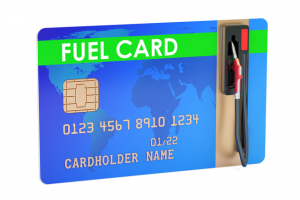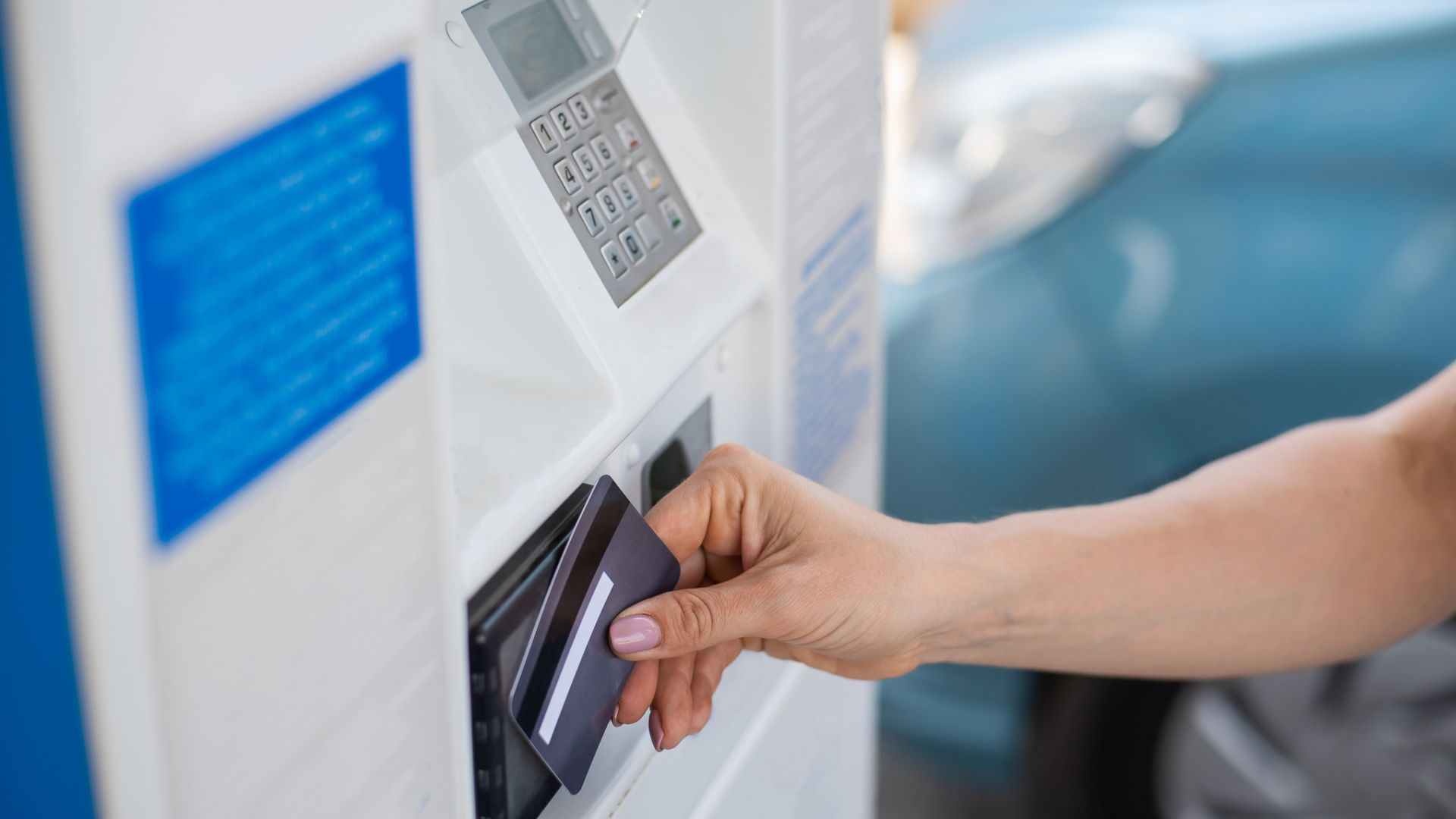A fuel card can help your trucking company save money. They also provide a convenient way for drivers to pay for fueling. If you decide you want to use a fuel card, you have many choices. Let’s look at how to compare fuel cards and find the one that works best for you.
look at how to compare fuel cards and find the one that works best for you.
The Advantages of Using a Fuel Card
The main reason for trucking companies to use a fuel card is to save money at the gas pump. With energy prices fluctuating and the prospect of higher prices, a trucking business needs to save money in every way possible. Fuel cards offer cash discounts as well as rewards based on usage.
You may wonder if you can get the same benefits from a credit card. While some credit cards offer financial incentives, fuel cards are more flexible. Some are specifically made for trucking fleets, allowing you to easily track your fuel spending. When reading statements, you can see detailed data such as odometer readings for each driver. The following are some key questions to look for when comparing fuel cards.
What Kind of Discounts are Provided?
When looking at discounts, make sure you understand whether the discount is for the cash or credit price. Additionally, note whether discounts are given at the pump or as a rebate.
Note whether the discounts are cost-plus or retail-minus. Cost-plus is the price of a diesel gallon plus fees such as taxes and pumping fees. Rather than the pump price, cost-plus is based on a nationwide index. This helps fleets avoid paying higher prices in states or regions where fuel is priced higher. Retail-minus pricing means you pay the pump price and later receive a rebate. Either system may work better for you, depending on your routes and the price of fuel in the areas you cover.
What is the Full Range of Benefits?
Fuel cards may offer benefits in addition to fuel discounts. These may include lodging for drivers, office supplies, and discounts on other services.
Does the Card Charge Any Fees?
As with credit cards, you have to read the small print and find out if there are hidden fees with fuel cards. Some cards may charge setup fees, ongoing fees, or fees for using out-of-network fuel providers. You have to calculate all fees to determine the value of the discounts.

How Large is the Network?
To gauge how useful a fuel card will be, you have to look at the size of the network. What areas does it include and at which fuel providers? It may cover nationwide providers or smaller, independent stores.
Riviera Finance’s Fuel Card
Riviera Finance, a company that provides invoice factoring and other financial services to businesses in many industries, has a flexible TCS fuel card that offers the following benefits.
- Convenient, with over 1500 locations offering Retail Minus or Cost Plus discounts.
- The average fuel discount is 40 cents per gallon
- TCS website and mobile app make it easy for clients to manage their accounts from their offices or on the road.
To find out more about fuel cards and other financial services offered by Riviera Finance, such as invoice factoring, freight bill factoring and alternative financing solutions, contact us online.
Related Articles You May Interested In Reading:
- Basic Accounting For Trucking Companies
- 10 Ways to Increase Profitability of Your Trucking Business
- Costs of Starting Your Own Trucking Business





